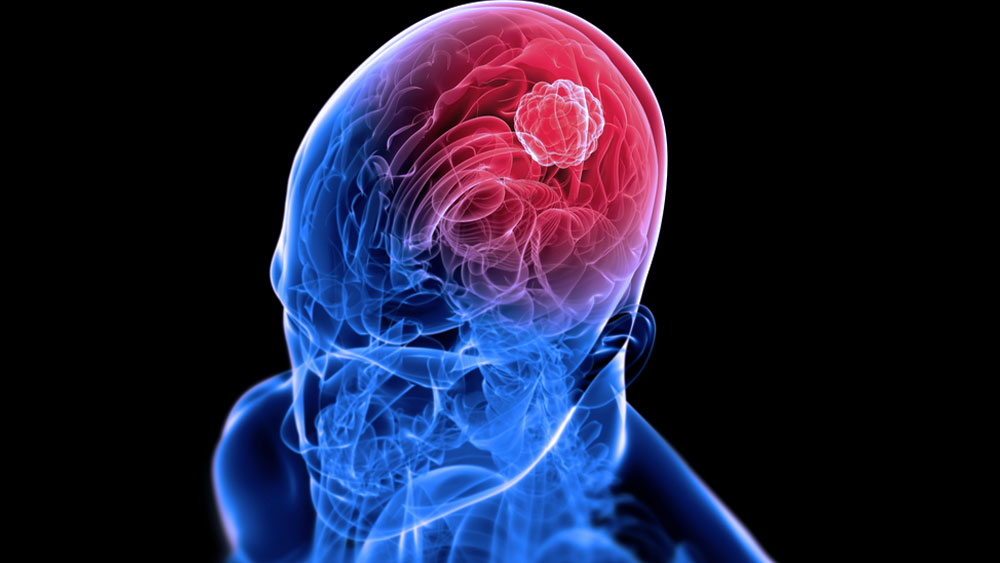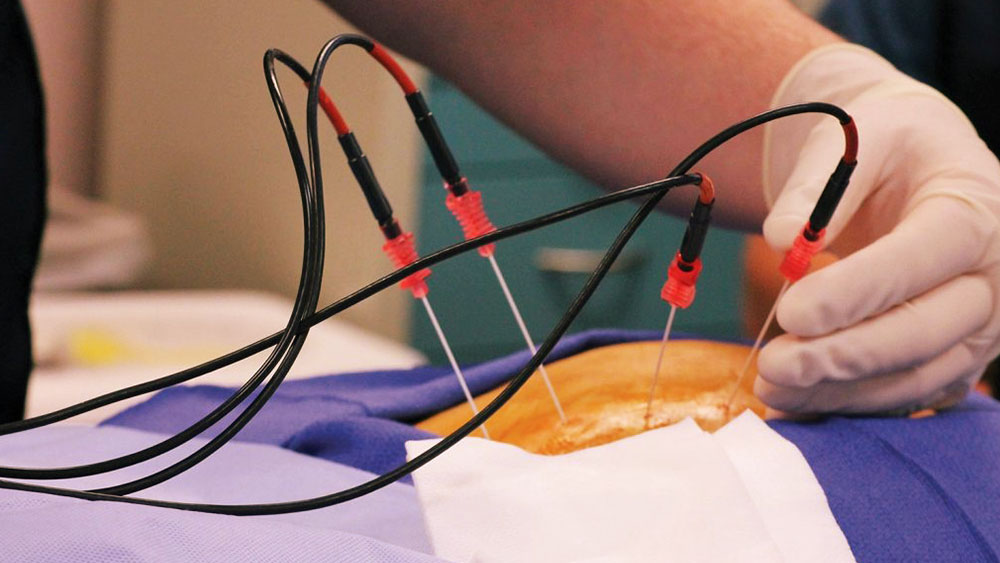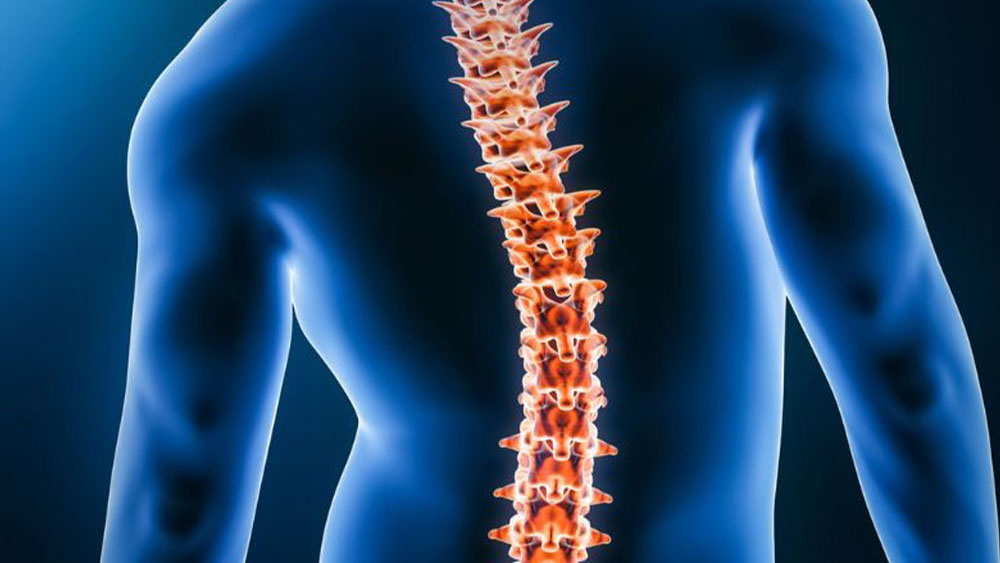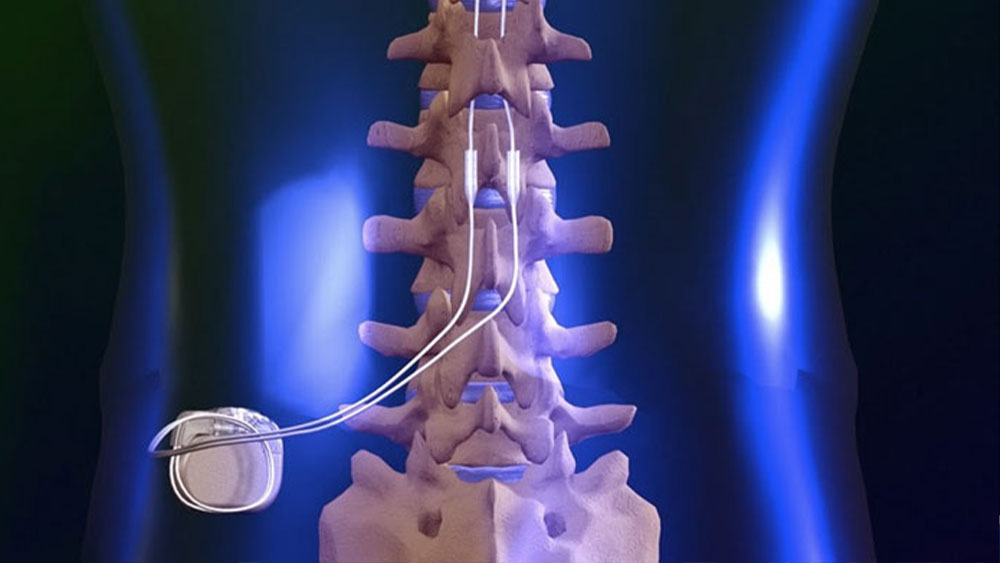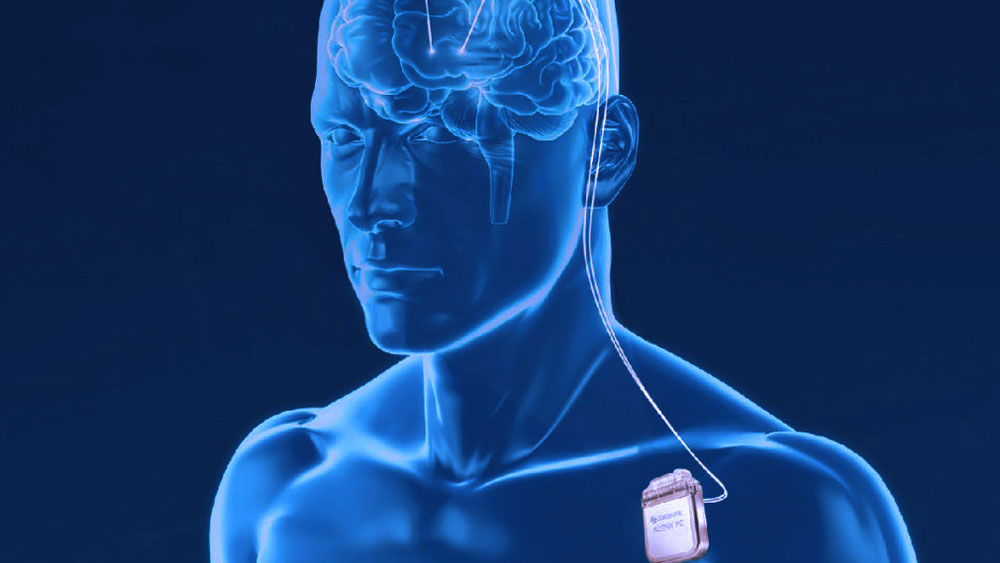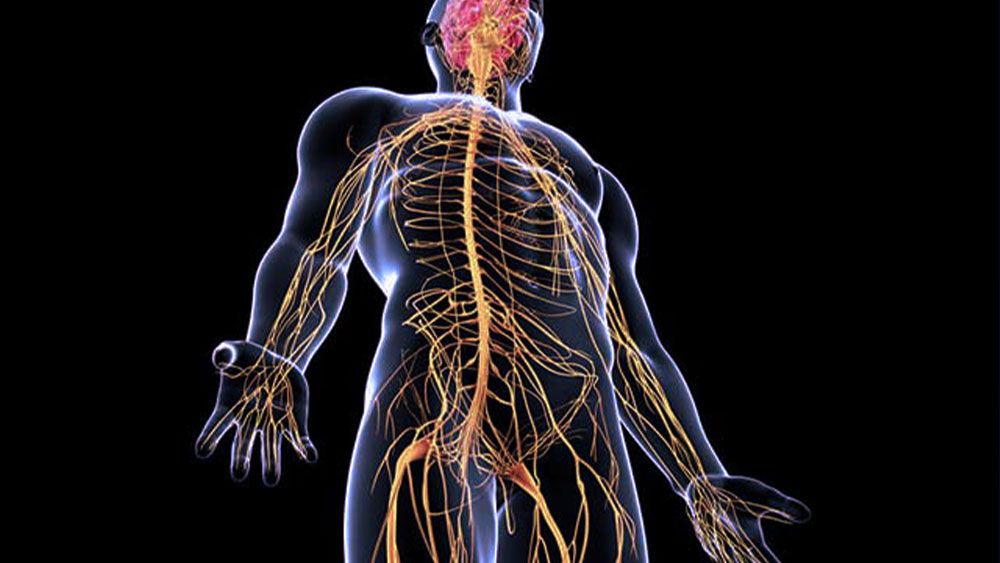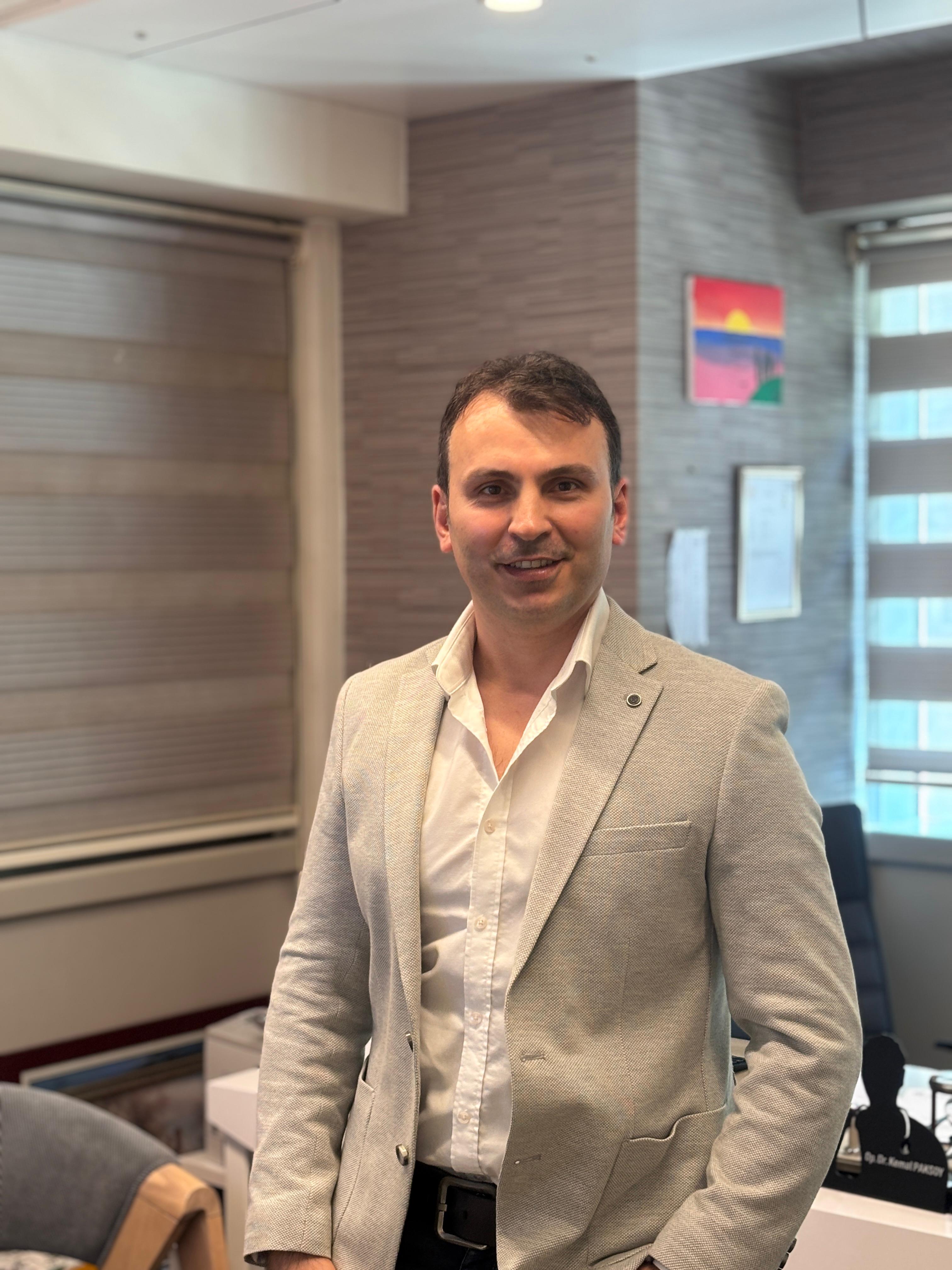Brain Tumors
A brain tumor is an abnormal growth of cells in the brain or surrounding structures. Some brain tumors are benign (non-cancerous), while others are malignant (cancerous). Both types can affect brain function depending on their size, location, and growth rate.
Common Symptoms of Brain Tumors
Symptoms vary depending on where the tumor is in the brain, but may include:
- Persistent headaches (especially worse in the morning)
- Nausea or vomiting
-Seizures
- Vision, hearing, or speech problems
- Weakness or numbness in arms or legs
- Difficulty with balance, memory, or concentration
- Personality or behavior changes
If you or a loved one experience any of these symptoms for more than a few days, it is important to seek medical advice.
How Are Brain Tumors Diagnosed?
Diagnosis usually begins with a neurological exam followed by imaging tests like:
- MRI (Magnetic Resonance Imaging) – the most accurate tool to detect brain tumors.
- CT Scan – sometimes used in emergencies or when MRI is not available.
- Biopsy – in some cases, a small sample of the tumor is taken to determine the type of cells and how aggressive it is.
Types of Brain Tumors
- Primary tumors start in the brain (e.g., glioblastoma, meningioma, astrocytoma).
- Secondary tumors (or metastases) spread from cancers in other parts of the body, such as the lungs or breast.
Treatment Options
Treatment depends on the tumor type, size, location, and the patient’s overall health. It may include:
- Surgery – to remove as much of the tumor as possible.
- Radiation therapy – uses targeted beams to destroy tumor cells.
- Chemotherapy – medications that attack cancer cells.
- Targeted therapy or immunotherapy – advanced treatments for specific tumor types.
- Supportive care – to manage symptoms like swelling, seizures, and fatigue.
Living with a Brain Tumor
A brain tumor diagnosis can be overwhelming, but many patients continue to live full and meaningful lives. Early diagnosis, advanced imaging, and personalized treatment plans have significantly improved outcomes in recent years.
Our team offers comprehensive care for patients with brain tumors—from accurate diagnosis to advanced surgical and non-surgical treatments. Our team includes neurosurgeons, neurologists, oncologists, and rehabilitation experts working together for the best possible care.

